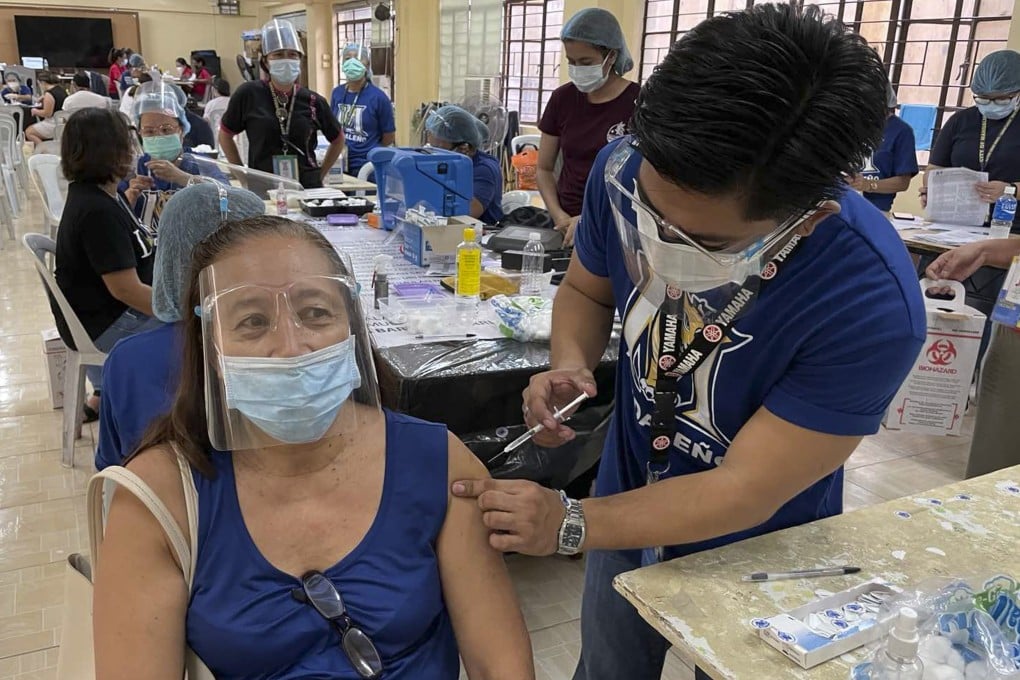Coronavirus: Philippines returns 13 million residents to lockdown; Australia targets 80 per cent vaccination
- From August 6-20, residents of Metro Manila cannot leave their homes except for essential shopping
- Meanwhile, the Australian government has tied the reopening of its borders and ending lockdowns to vaccination rates

The lockdown, locally called “enhanced community quarantine”, will be in place for Metro Manila from August 6-20, presidential spokesman Harry Roque said.
Dine-in services in restaurants will not be allowed, and religious gatherings will be suspended during the period. Personal care services such as salons and barber shops will only operate at 30 per cent of capacity, Roque said.
Indoor recreational establishments may not operate, while outdoor tourist attractions can only accept 30 per cent capacity, he added.
The lockdown was announced two days after experts called for a two-week “circuit-breaker lockdown” to prevent a “catastrophic” surge in Covid-19 cases due to the Delta variant.
A new surge was already in its early stage in Metro Manila, with at least 1,000 cases daily, said OCTA Research Group, an independent think tank that produces forecasts on the spread of Covid-19 in the Philippines.
According to projections by OCTA, the daily cases of Covid-19 in Metro Manila could spike to up to 13,000 by the end of August if current quarantine restrictions were not heightened to a hard lockdown.